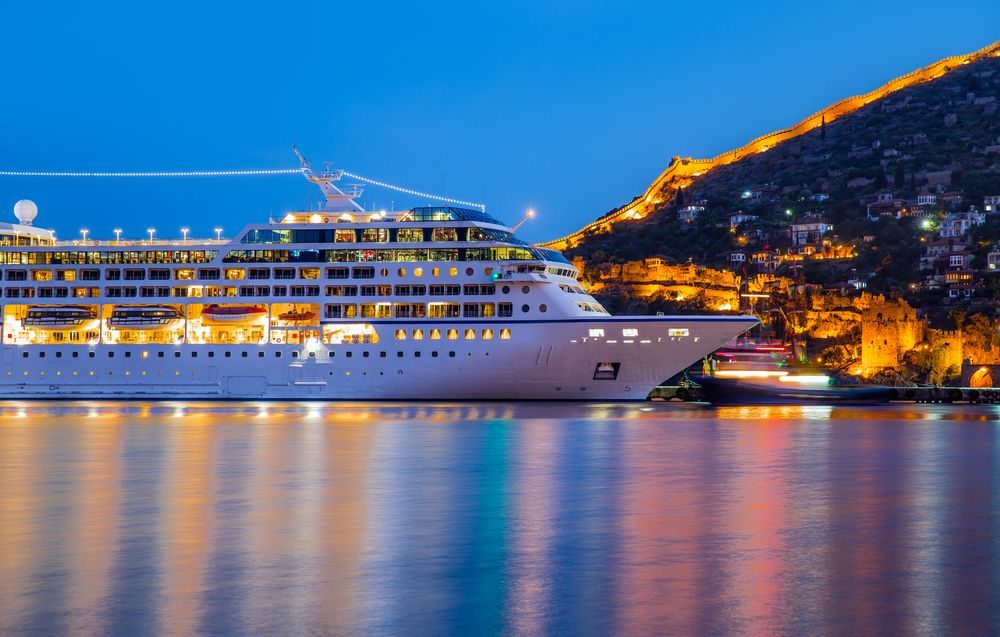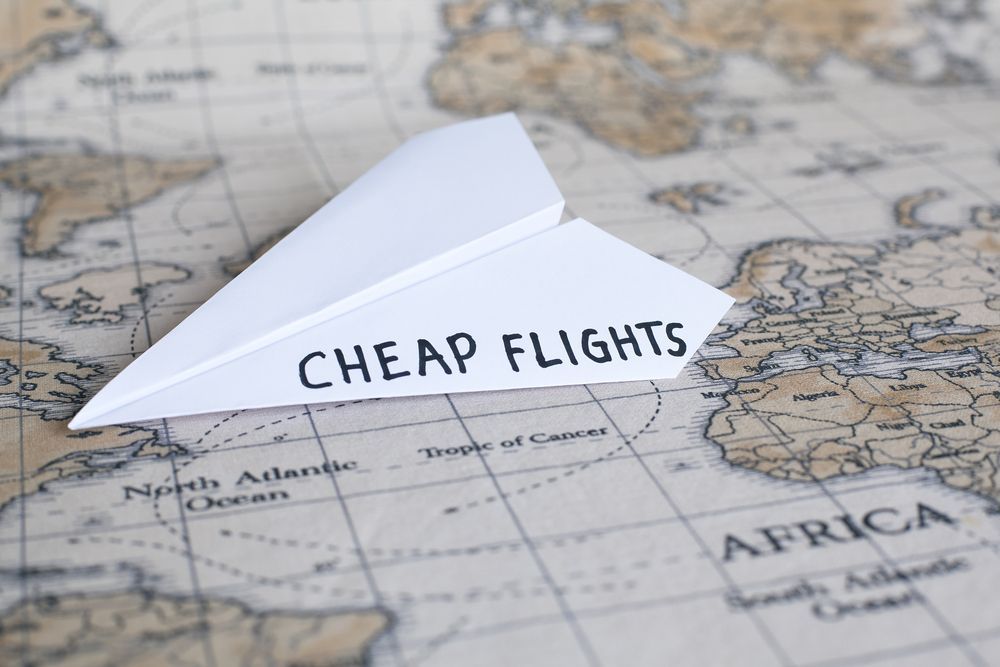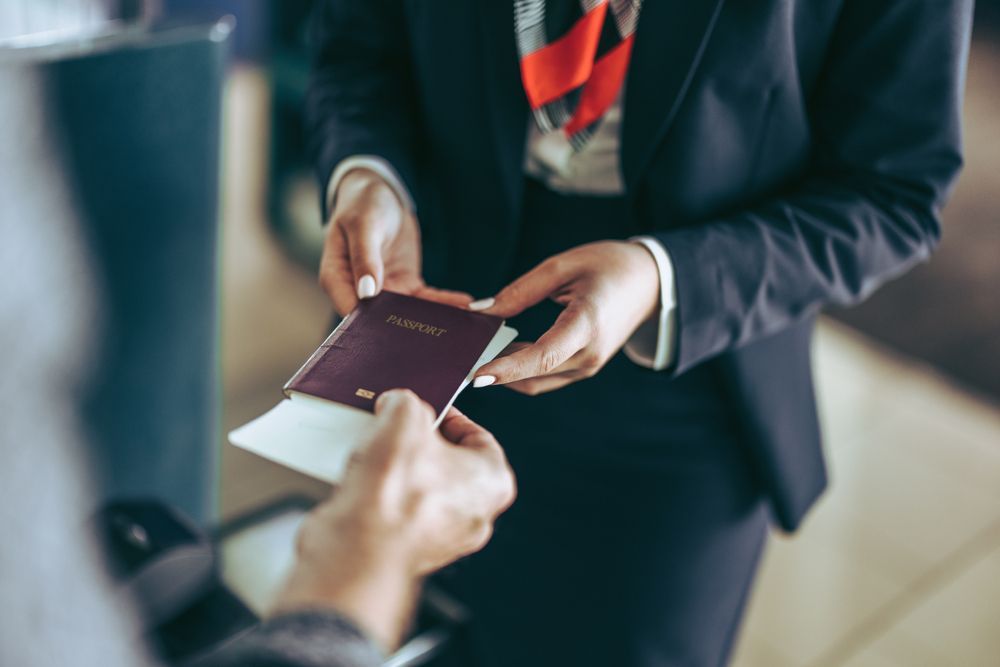
Traveling to another country is an exciting and sometimes scary adventure. Make sure you’re prepared by following a few tips. 1. Security Check the alerts and warnings page (http://travel.state.gov/content/passports/english/alertswarnings.html). If you’re traveling to a country that has a history of violence against Americans, terrorist attacks or riots or demonstrations, check the alerts and warnings page. This has all the up-to-date information you’ll need to travel safely. Though you might need to change a segment of your trip based on this information, you may not need to change your entire trip. Sometimes the government recommends steering clear of certain cities or regions of a country—not the entire country itself. Once you get to your travel destination, stay safe by following a few simple rules. • Don’t look like a tourist. Tourists are easy targets for pickpockets and scammers. When in a public square or crowd, don’t stop in the middle of the crowd and look at your map. Wait until you’re in a coffee shop or restaurant. • Don’t carry money in a shoulder bag or wallet. Pickpockets can not only steal your wallet without your knowledge, most pickpockets can now effortlessly cut a shoulder strap without your knowledge. • Don’t enter deserted areas—this includes small shops. Definitely don’t accept any free food or drink from anyone. A popular scam includes a shop owner drugging his foreign travelers and stealing their money. 2. MoneyWhen travelling to a foreign country, you’ll want to bring just enough cash to make purchases—but not so much that if you are robbed or lose your purse or wallet you’re stuck high and dry. Take out $100 when you arrive at your destination. Usually ATM foreign exchange rates are much better than exchange offices. If you have a credit card that allows you to make foreign transactions without fees or without a currency exchange fee, use your credit card as much as possible. You may even be able to withdraw cash on your credit card at an ATM. Ask your bank about their exchange fees. At the end of your trip, if you bring your foreign currency back to the US, you might get a better exchange rate by simply exchanging your currency at your bank. Be careful when travelling to countries frequently visited by Americans—like Mexico. Many Mexican businesses are so used to American travelers, they refuse to accept pesos and will take only American dollars. In this case, you’ll need to bring plenty of American currency for certain restaurants and activities. Once you are in your destination, keep checking the exchange rate. Rates can rise and fall substantially within only a few hours, so you’ll get a better deal sometimes by just waiting until the American dollar is at its highest. 3. Local ResearchDepending on what country you’re travelling to, you’ll need to do some research on the local culture, social mores, safety concerns, restaurants, activities and transportation. Before going to another country you should always research: • Social Mores. Since Americans are isolated in their own part of the world, we often forget that different cultures follow different customs. For example, in France, it’s customary to say, “Bonjour, comment allez-vous?” whenever you enter a shop, a restaurant or a place of business—even if you feel silly. This is common for the French and they feel offended if you do not do this. • Safety Concerns. No matter how progressive you are, you should always make sure you’re dressing appropriately in every country. Some countries find it scandalous for a woman to bare her shoulders or legs so keep covered even if you feel offended. Research the dangerous neighborhoods before heading to your destination so you can avoid them later. • Transportation. Find out how you’ll get around before you leave the country. Research the public metro systems and taxi cabs. If you take a taxi, make sure you tell the driver which route to take—otherwise he might take you on a wild goose chase that costs you a pretty penny. • Restaurants. You’ll probably want to stumble upon a few places to eat once you arrive at your destination, but research a few restaurants within your budget beforehand. Print out the menus in English so you know the items you’d like to try. Be adventurous! Travelling to a new place is all about trying new things. 4. ElectronicsKeep your electronics safe while travelling. Don’t bring too many electronics with you, try to limit your electronics to three per person. Bring a phone, laptop and camera. Though you’re probably tempted to bring your tablet or iPad—don’t. Or, if you need your iPad for reading books on the plane or train, leave your laptop at home. The fewer electronics you bring, the less chance you’ll have of losing them. There are a few electronics you’ll need to bring though and those include: • Wall adapters. You’ll need to charge your electronics, so you’ll need the right wall adapters for your destinations. Since most electronics are now charged through USB ports, you can bring one wall adapter to charge your laptop. Charge your smaller electronics through USB ports in your laptop • Smartphone. Many phone carriers allow you to upgrade to international plans for only $10. This is worth it when you consider the outrageous roaming fees you’ll pay otherwise (up to $1,000 for a one-month trip). Try to use your phone only for map apps, travel apps and to make phone calls. You’ll need a charged phone handy in case of an emergency. • Camera. Save the battery on your smartphone by bringing a separate camera. You don’t need a fancy camera, just one that takes great photos so you can remember your trip. 5. LuggagePack as light as possible but bring clothing for every season. Pack clothes that can be cleaned in a hotel sink or a hostel laundry room. If you’re flying between foreign airports, many budget European airlines, like Easyjet, charge high fees for checked bags. Keep your bag close by bringing one small suitcase that has all your essentials. Lift your packed bag at home and decide if you can handle the weight when lugging your case on planes and trains as well as up subway stairs.
Read next


Guide To Getting Cheap Flights

